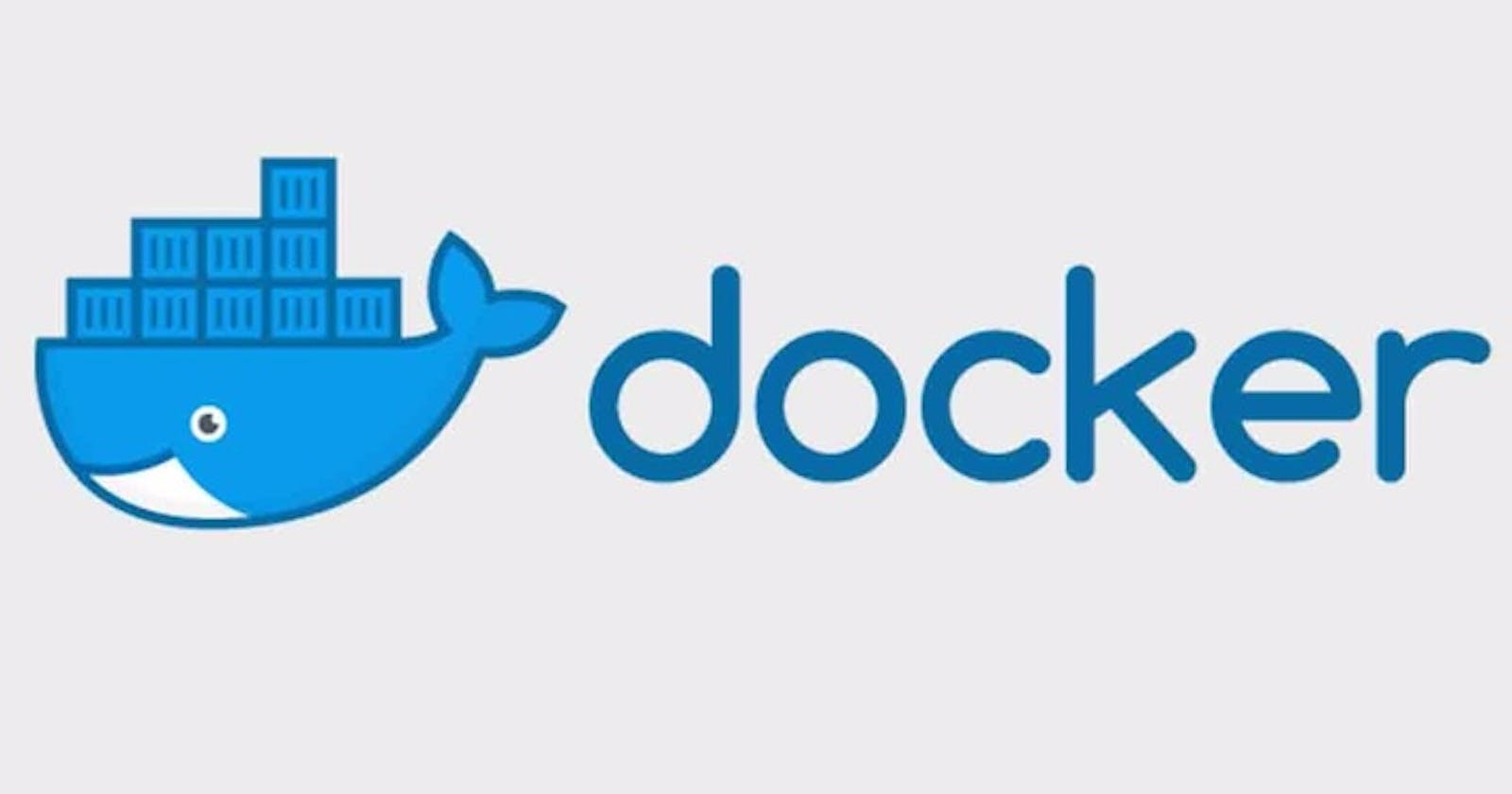#day16 of #90daysofDEVOPS
Docker and DevOps go hand-in-hand, forming a powerful combination for streamlining software development and delivery. Here’s a breakdown of how they work together:
What is Docker?
Docker is a containerization technology that packages an application along with its dependencies and libraries into a self-contained unit called a container. This container isolates the application from its surroundings, ensuring consistent and predictable behavior regardless of the underlying infrastructure.
What is DevOps?
DevOps is a cultural and philosophical approach to software development that aims to bridge the gap between Development (Dev) and Operations (Ops) teams. It emphasizes collaboration, automation, and continuous delivery to release software faster and more reliably.
Docker’s Role in DevOps:
Consistent Environments: Docker ensures that developers, testers, and operations teams all work with the same application environment, eliminating inconsistencies and bugs caused by different setups.
Simplified Deployments: By packaging applications in containers, Docker makes deployments faster and easier. You can deploy the same container image across any environment, from development to production.
Increased Scalability: Scaling applications becomes easier with Docker containers. You can easily add or remove containers to meet changing demands.
Automation: Docker integrates seamlessly with CI/CD pipelines, enabling automated builds, tests, and deployments.
Version Control: You can version control Docker images, allowing you to roll back to previous versions if needed.
Key Benefits of Docker in DevOps:
Faster time to market: With consistent environments and automated deployments, applications can be released faster.
Improved collaboration: Developers and operations teams can work more closely together with common tools and processes.
Reduced risk: Consistent environments and version control reduce the risk of errors and failures.
Increased reliability: Applications are more reliable when they run in isolated containers.
Better resource utilization: Containerized applications use fewer resources than virtual machines.
Getting Started with Docker for DevOps:
Learn the basics: There are many resources available online and through Docker itself to learn how to use Docker effectively.
Start small: Experiment with Docker on a small project to get familiar with the technology.
Use tools: Utilize Docker Compose for multi-container applications and orchestration tools like Kubernetes for managing larger deployments.
Integrate with your workflow: Look for tools and plugins that integrate Docker with your existing CI/CD pipeline.
Docker is a powerful tool that can significantly improve your DevOps practices. By leveraging its capabilities, you can streamline your software development process, deliver applications faster, and improve their reliability.
